Tech Term: Virtualization
There are plenty of topics we reference frequently that may seem a little advanced or complicated at first but are actually pretty simple concepts. Take, for example, virtualization. For today’s tech term, we’ll take a clearer look at this method of computing.
What is Virtualization?
Virtualization is the process of replicating some physical resource (like a server, desktop, operating system, or storage solution) in digital form to increase scalability, thereby helping a user manage a workload. Simply put, virtualization makes your equipment behave like more than one would. Using what is known as hypervisor software, one physical resource (the “host”) can be divided into virtual environments called virtual machines (the “guests”).
These guests can draw on the resources of the host as needed from a shared pool, allowing more functionality from a single piece of hardware. In this way, virtualization can help you to maximize the return on investments you’ve made, as well as potentially decreasing the investments you will have to make down the line.
Varieties of Virtualization
There are various types of virtualization, each with its own applications toward a business’ functionality.
Data Virtualization - This kind of virtualization helps to gather disparate information and data and assemble it into one source.
Operating System Virtualization - Multiple operating systems can be hosted and run on a single computer.
Desktop Virtualization - Replicated desktops can be opened and utilized.
Server virtualization - One server can be made to act as though there are multiple servers in use.
Network Virtualization - One network can be used to create multiple isolated networks.
How could your business improve operations by leveraging virtualization? Reach out to us at (808) 535-9700 to find out!
